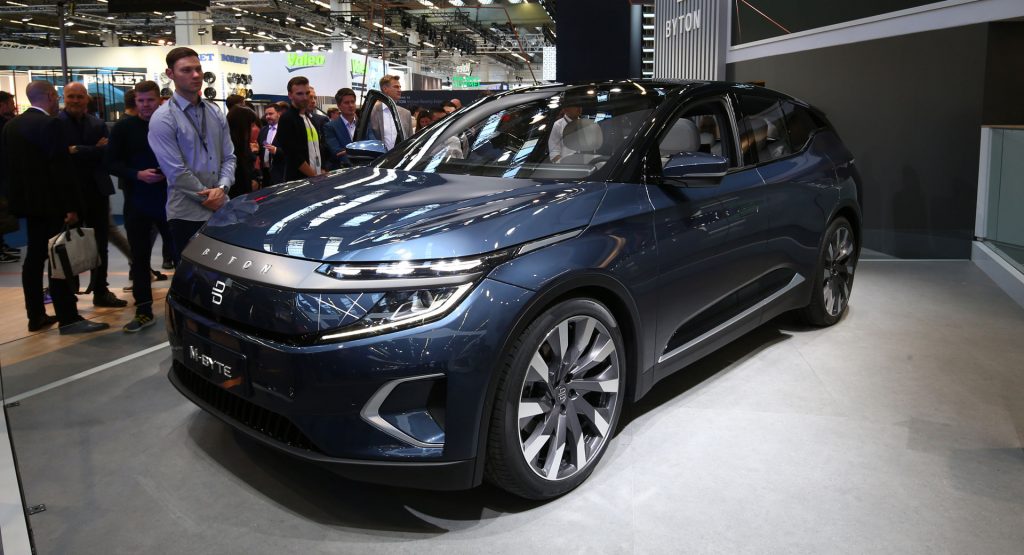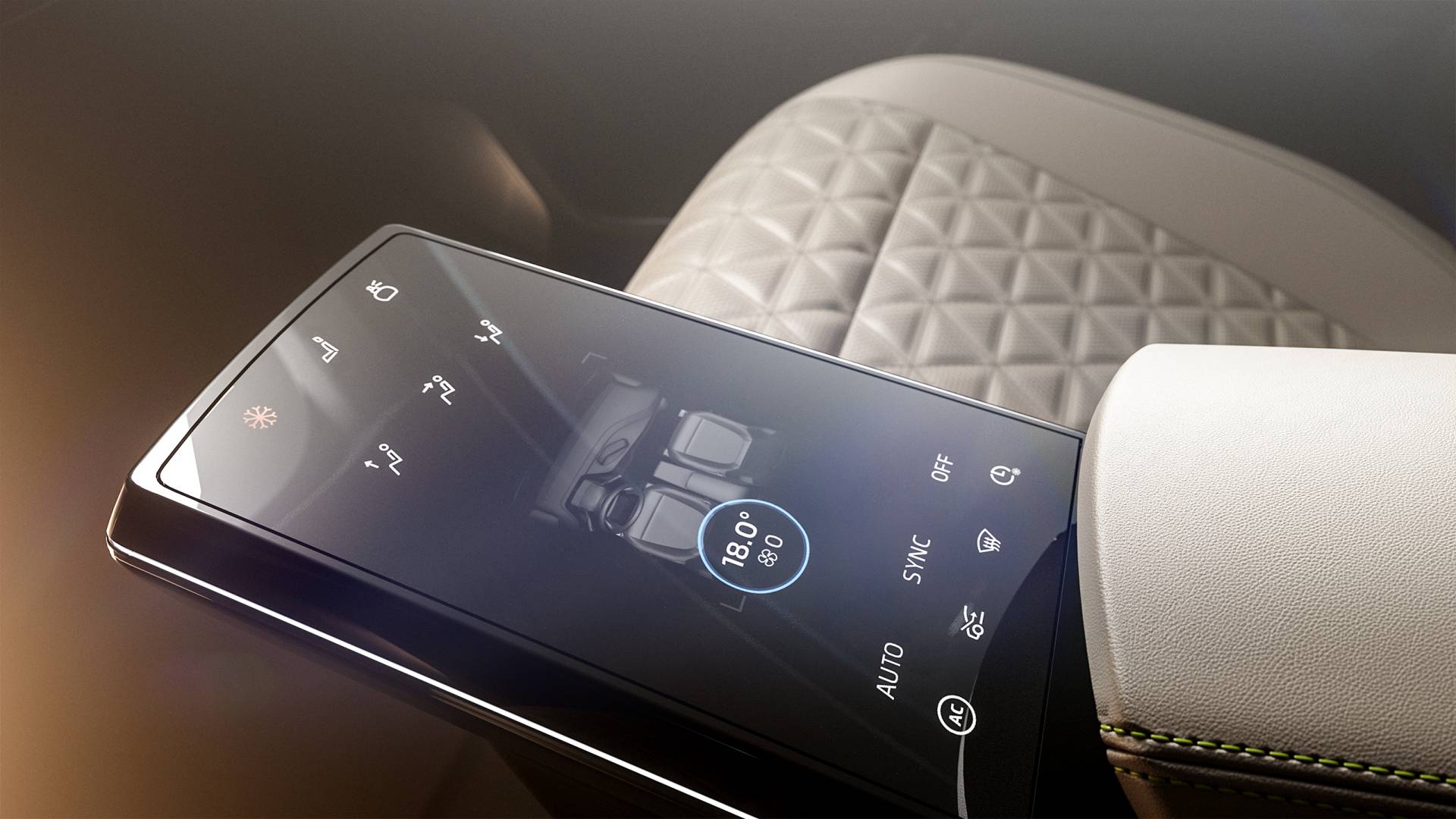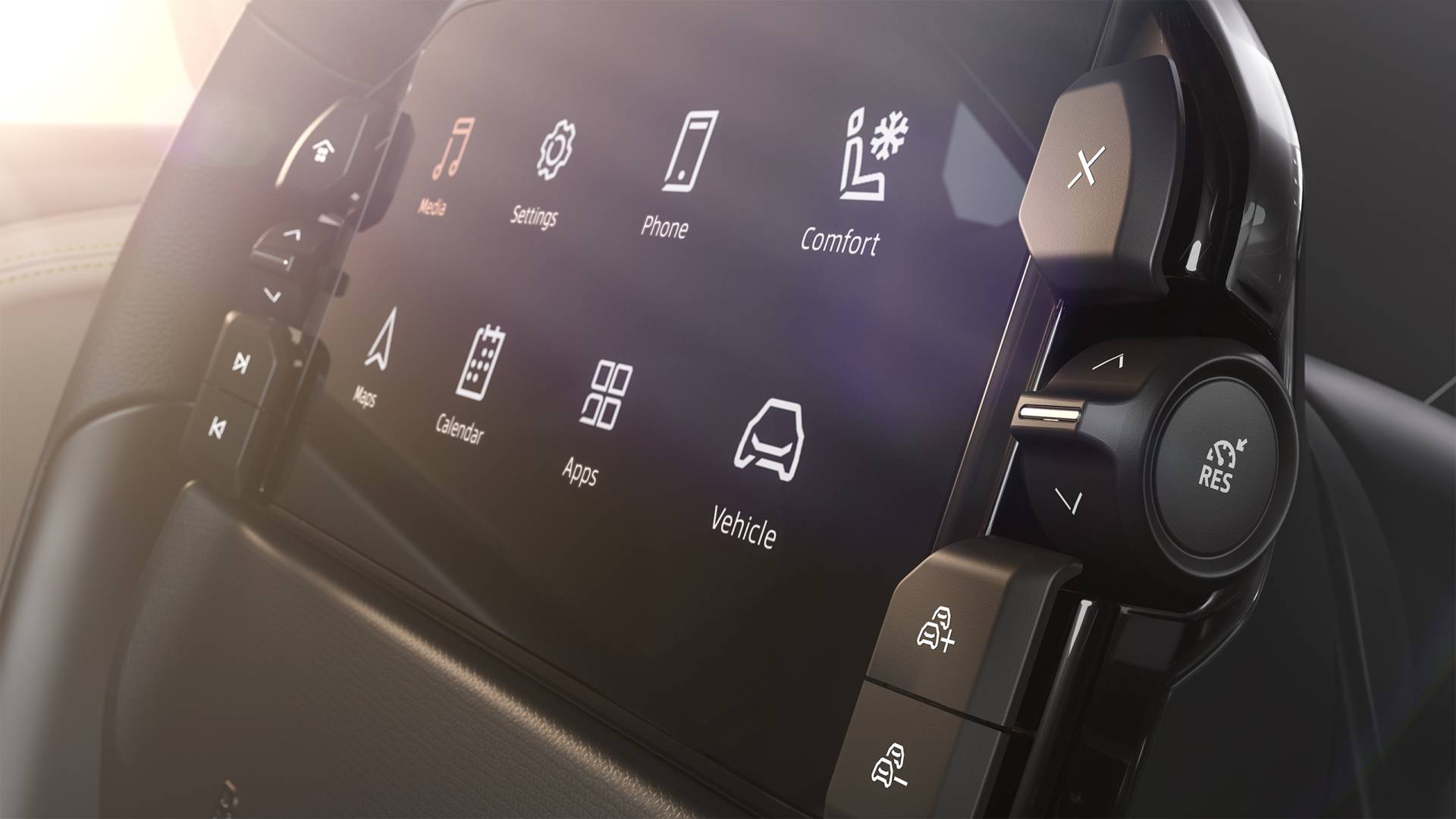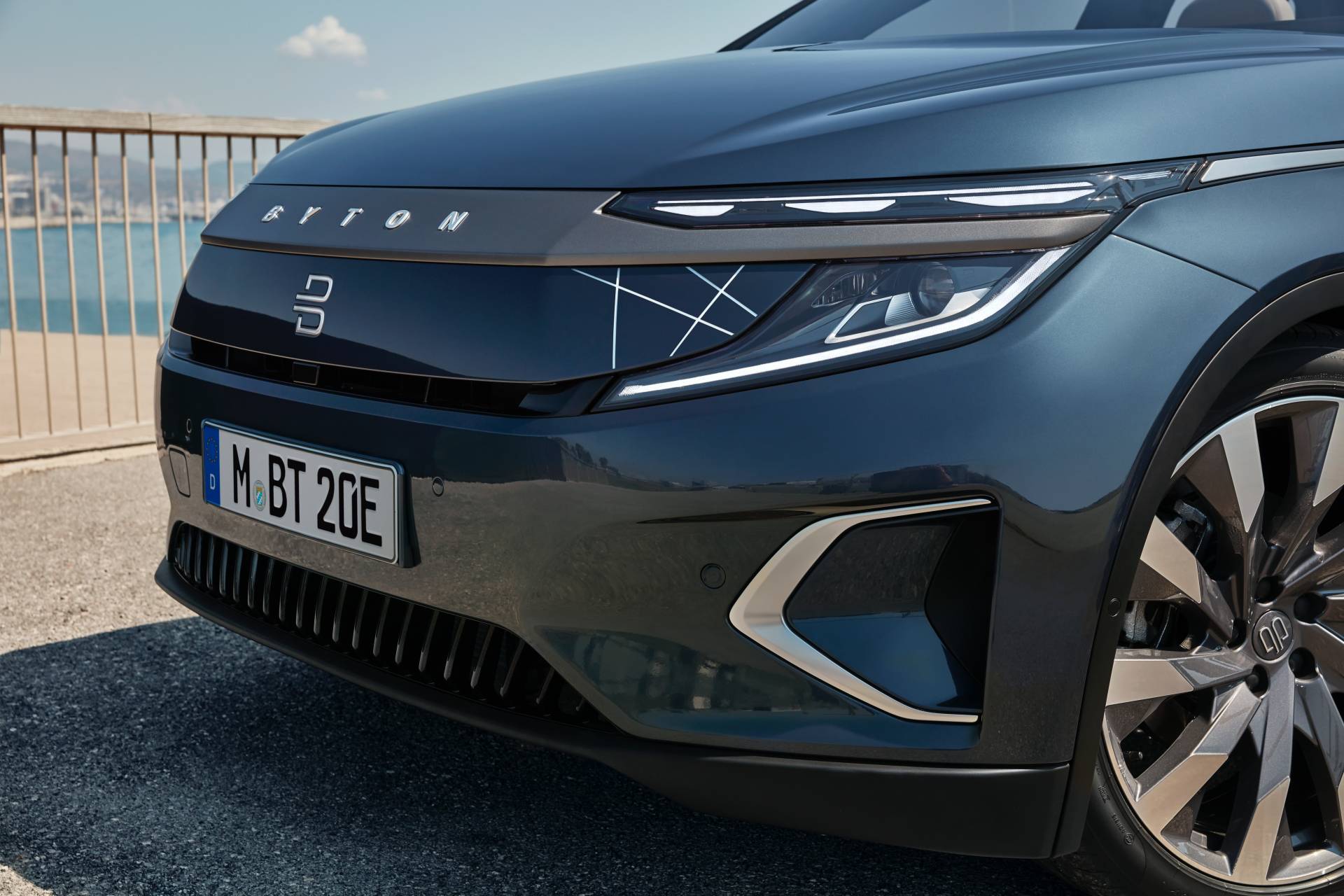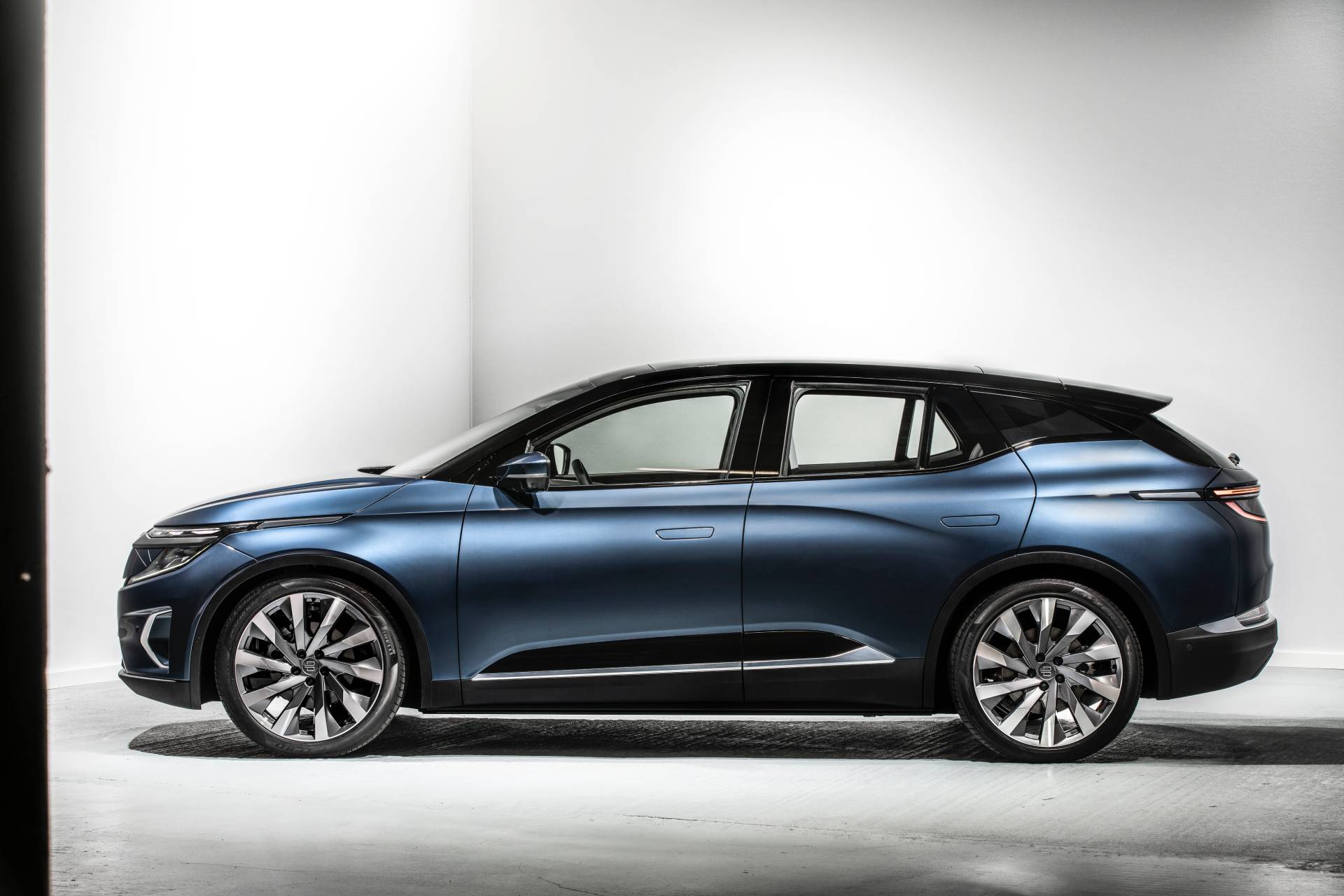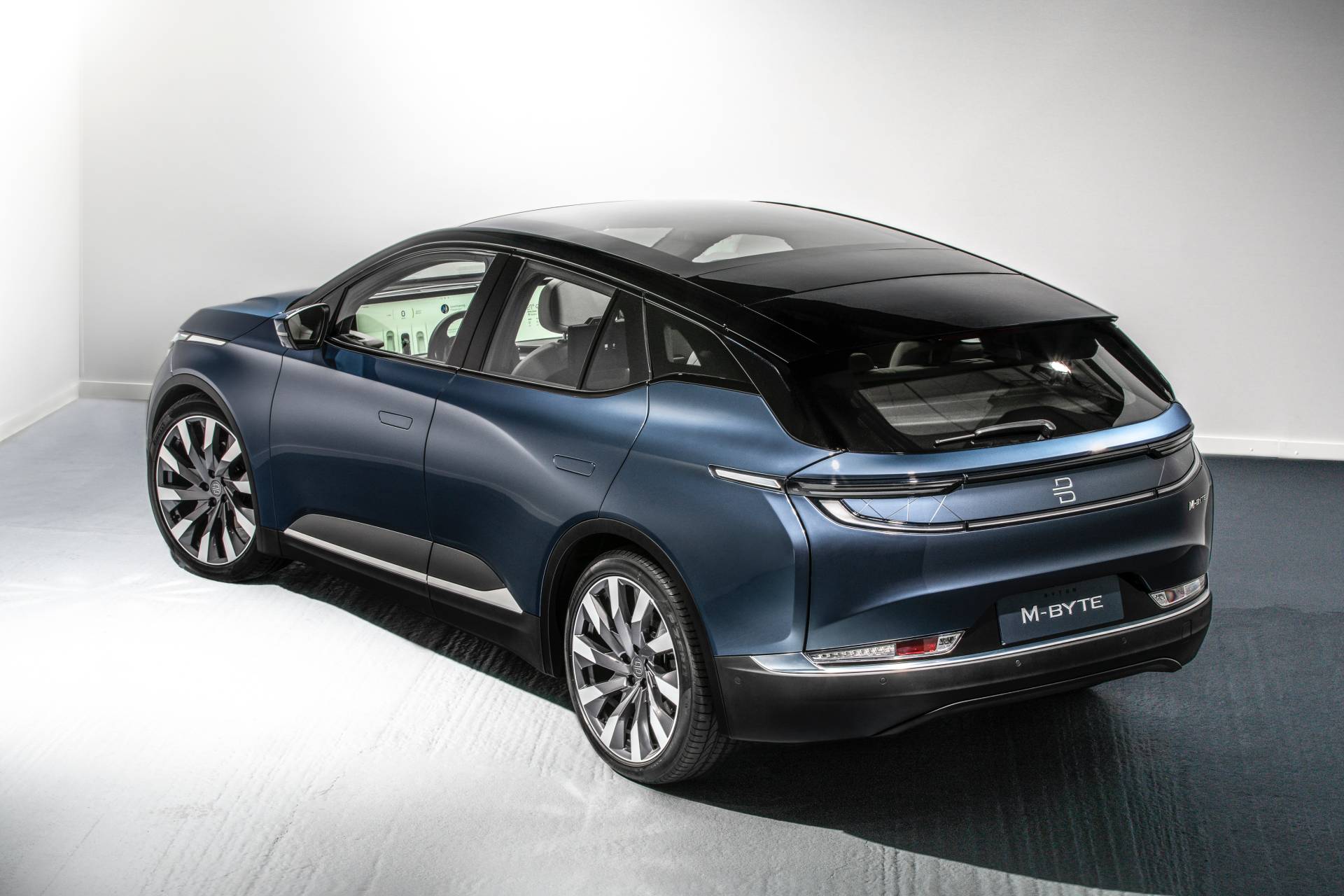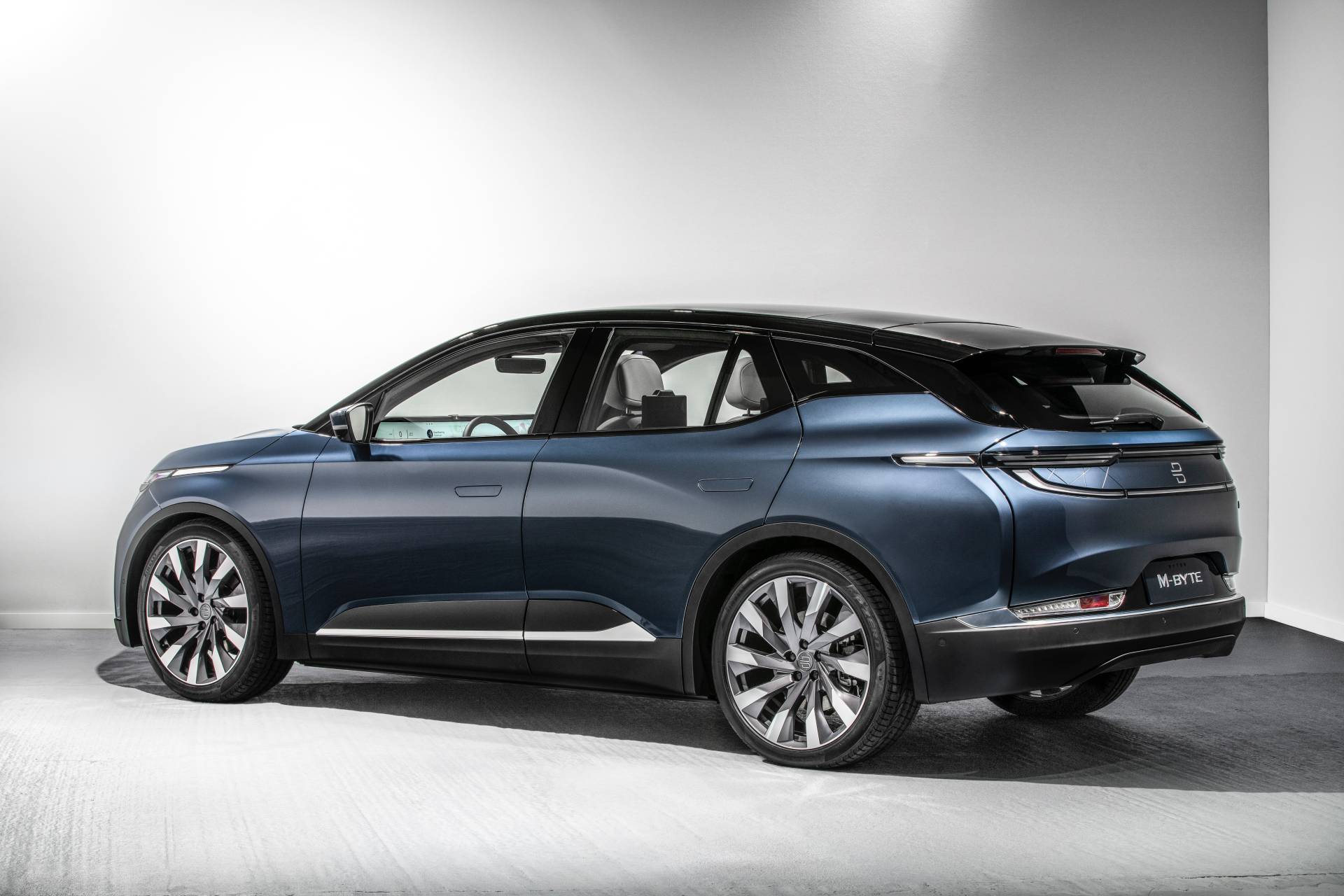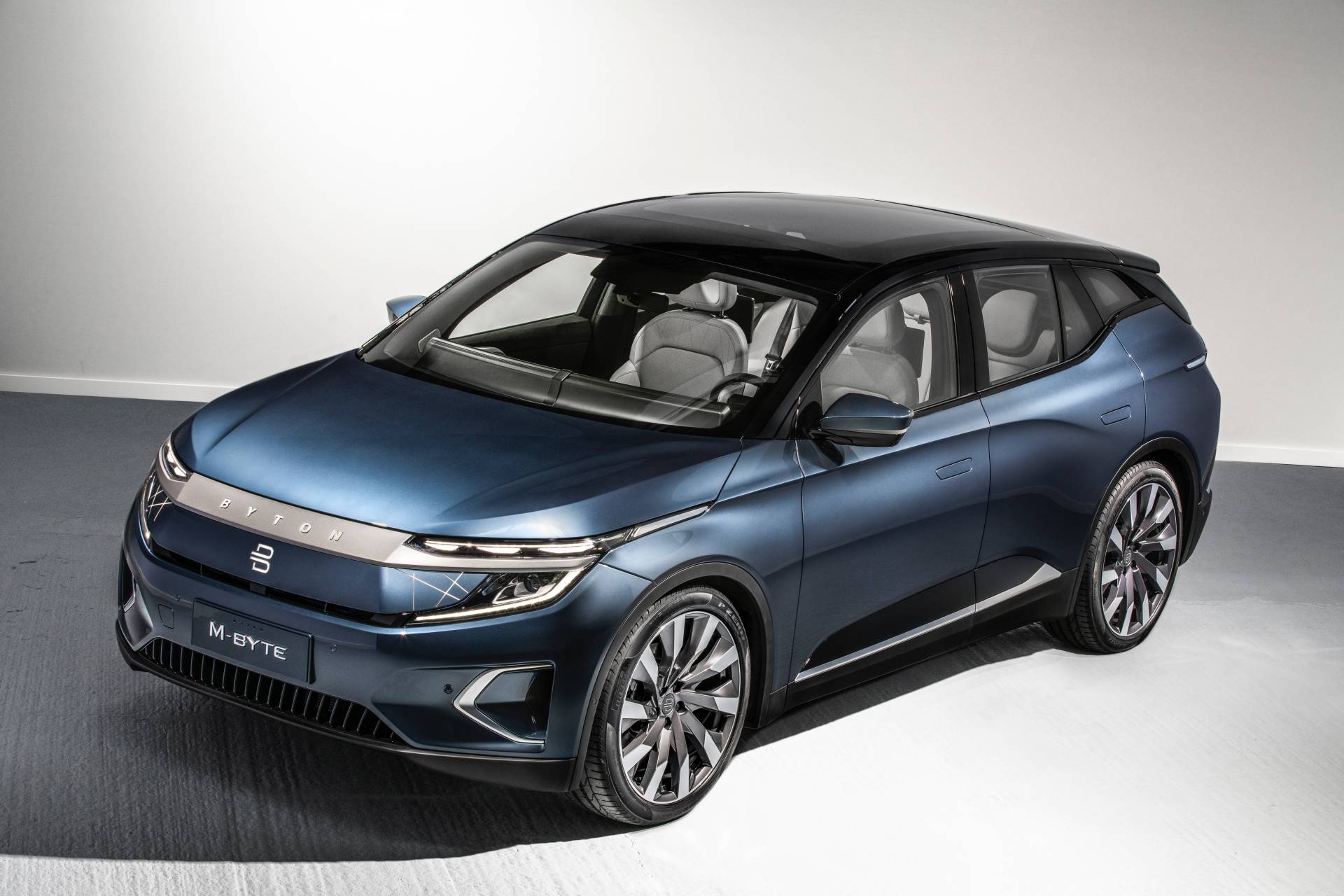The founder and former chief executive of electric vehicle startup Byton says he decided to leave the company earlier this year due to the Chinese government’s growing influence on the company.
Carsten Breitfeld was once the man in charge of BMW’s i program before he left and started Byton with co-founder Daniel Kirchert. Earlier this year, Byton announced that Chinese state-owned automaker First Auto Works (FAW) was leading a big investment round that will help push Byton’s all-electric M-Byte into production.
While this investment brought money, it also provided the Chinese government with influence over the Byton and speaking with The Verge, Breitfeld said this forced him to leave.
“If the Chinese government enters your company, and takes, to some degree, influence or control, which they did at the end of the day, then things will change,” he said. “They pushed the direction of Byton [to a place that was] not in line with what I thought we should do. My feeling is they are going to drive it to a stage where the whole Byton thing will be shut down, they will just keep the plant and the platform.”
Also Read: Production Byton M-Byte EV Retains Ginormous 48-Inch Digital Dash, Starts At €45,000
FAW owns a 15 per cent stake in Byton following its investment earlier this year and Breitfeld still has some equity in the company. The executive was recently announced as the new chief executive of EV startup rival Faraday Future.
In a statement issued in response to Breitfeld’s comments, a Byton spokesperson played down FAW’s influence over the company.
“FAW is indeed a major investor, although their stake is smaller than Carsten states and they only hold one seat on the Byton board,” the spokesperson said. “In addition, we have almost 500 employees here at Byton’s R&D center in Santa Clara, the vast majority of them being engineers, with hundreds of additional engineers at the Nanjing R&D center and production facility.”



